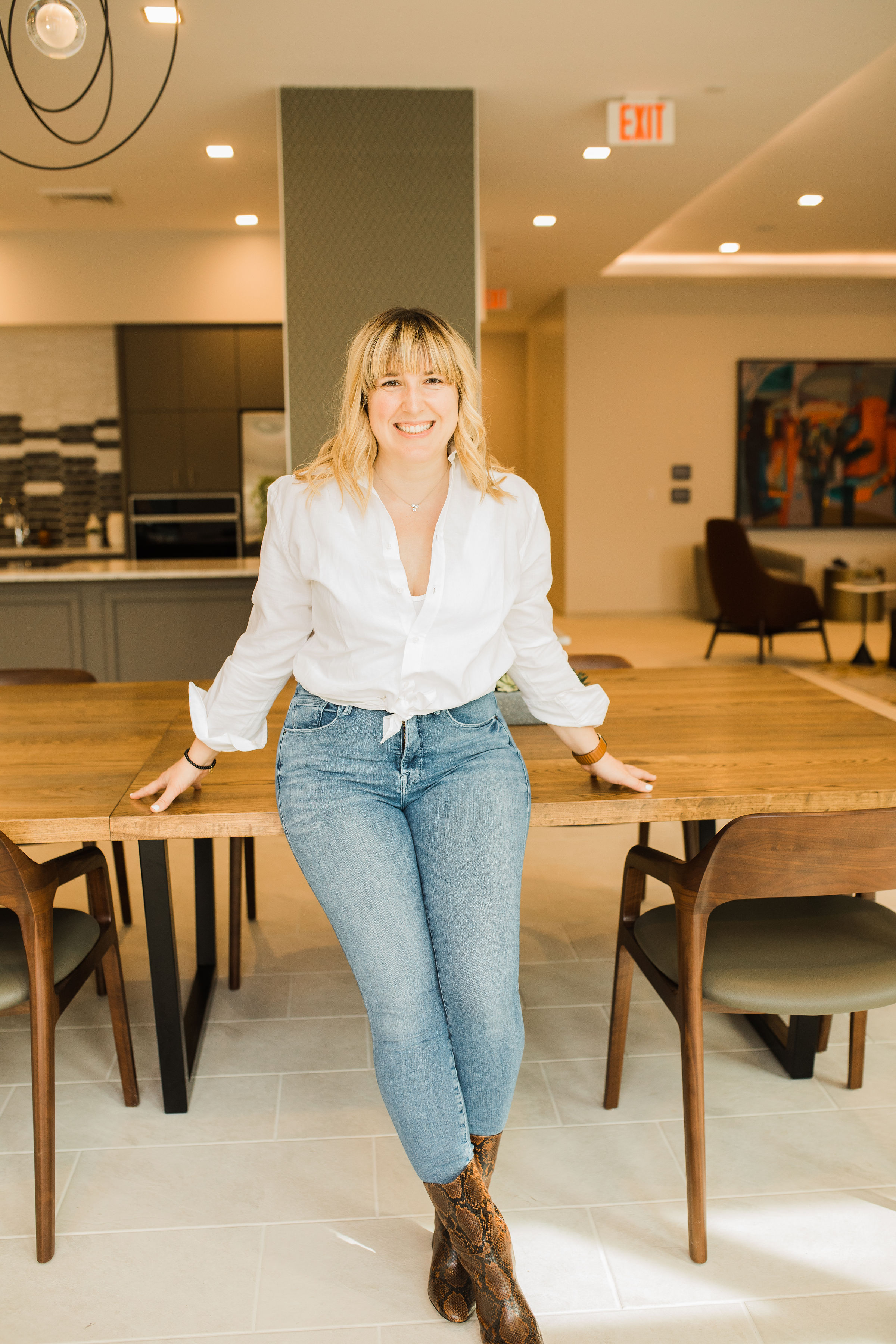My dissertation research was on assessing school turnarounds, in particular measuring and unpacking “success” in schools, and I have spent the past few years developing surveys that all measure some type of success — be it implementation fidelity, strength of school leadership, or presence of a positive school climate. I’m constantly thinking about how to redefine and capture success — it intrigues me and I think pushing back on traditional measures of success, you know: straight A’s; high test scores; acceptance to a top tier college; reaching a high income bracket; or, even hitting life milestones — marriage, 2.5 kids, white picket fence — “on time” (or ever!), is critical.
So, when I saw the prompt from LinkedIn in my inbox: “Kirsten, you’ve got one metric that will tell you if you’ve succeeded. What is it?”, it caught my eye.
Admittedly, part of me was inclined to think, well you can’t measure success. It’s subjective, it’s fleeting, it’s a feeling. However, a few years ago a wise man (and now mentor, Dr. Andrew Porter) said to my class: “Anything that’s important, can be measured.” And, then, this spring at the Deeper Learning Conference, a representative from @EduChangemakers sessions said the following:
“If you do not find a way to measure the things you value, you will be force to value the things that are measured.”
Powerful stuff, right?
Success is important and I value it, and therefore I agree that it could and should be measured. So, how do I measure success?
For me, success is a feeling that comes from within and it can be something you experience on a day where you got everything done and a day where you fell down and got nothing done.
Feelings are difficult — though not impossible — to measure. While I would undoubtedly get great joy out of developing a 5-item scale that captures success, I’m all about accessibility and as much as I love surveys, I am certainly not about to take one every night before I go to bed in order to determine whether or not I’ve been successful. It doesn’t need to be that complicated.
Some days getting out of bed is a win. On others, rocking two presentations, turning in a final report, and still making it to yoga — well, that’s success. And, honestly I wouldn’t elevate one of those days over another. I think it’s of critical importance that your feeling of success comes from within — that it is not based on recognition or reward or any external outcome.
So how do I measure success? One question. Did I show up as my authentic self?
Yes? Well then, I am successful.
No? I have room to grow.
Showing up in daily life alone is huge, and I in no way wish to minimize that. To get out of bed and face the day when you are feeling weak or full of doubt or scared out of your mind is a huge accomplishment. So, why the catch? Why do I measure success not as merely showing up but as showing up as my authentic self?
Because for me, while showing up is a step in the right direction, I have not been successful unless I have showed up as me, spoken my truth, and done the best I could with the knowledge and skills I had in that moment. Showing up and sitting quietly in the corner or nodding as you let your ideas get steamrolled in meetings (trust me, I’ve been there) that is strength and props to you. But success?
Success is showing up and being you. It is speaking your truth and trusting that you are doing the best you know how in each moment.
Success can be measured with one question. Did I show up as my authentic self? That is #MyMetric. And if the answer is yes, I have been successful. It doesn’t matter what happened next.
Originally published at medium.com


